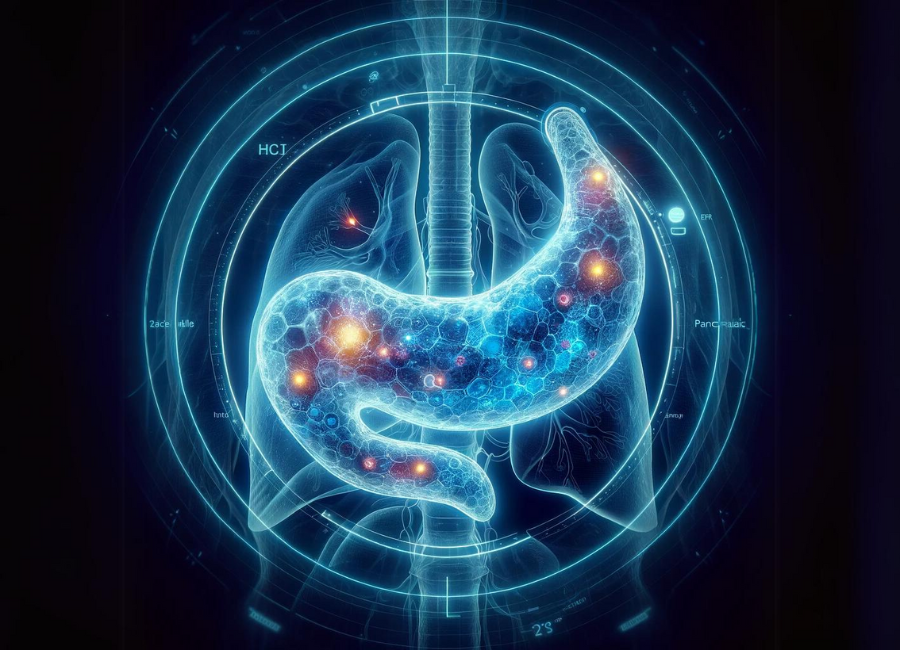Pancreatic ductal adenocarcinoma (PDAC) is an aggressive cancer type, characterized by a high mortality rate. Standard treatment approaches have shown limited efficacy, highlighting the need of new therapeutic targets.
A new promising area is related to CXCL12 chemokine also called SDF-1α (Stromal Cell-Derived Factor 1α).
A study published on Frontiers demonstrated how CXCL12 chemokine plays a pivotal role in various physiological processes, including hematopoiesis, organogenesis, and tissue regeneration. Its interaction with the CXCR4 receptor reveals important implications in the migration and proliferation of cancer cells. The CXCL12-CXCR4/CXCR7 interaction has been demonstrated as a critical factor in tumor progression and metastasis in the context of pancreatic cancer.
In particular CXCL12-CXCR4/CXCR7 interaction enhances cells proliferation and invasion, playing a role in creating a tumor microenvironment conducive to cancer progression and influencing immune cell recruitment and modulation.
SDF-1α (CXCL12) and its receptors are a promising research field in pancreatic cancer as biomarker or therapeutic target.
HMGBiotech can provide comprehensive information helping informed decision-making for research about SDF1-CXCL12.
Discover our SDF1 (CXCL12) proteins
Read the full article about the study: https://www.ncbi.nlm.nih.gov/pmc/articles/PMC10076769/




